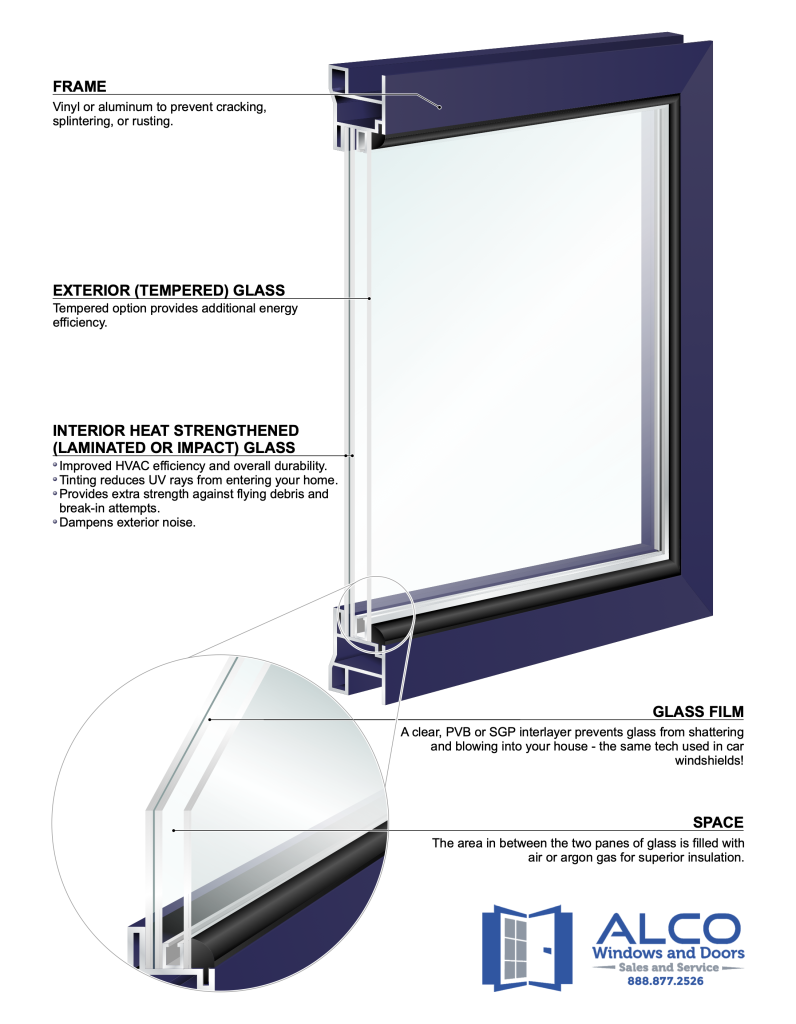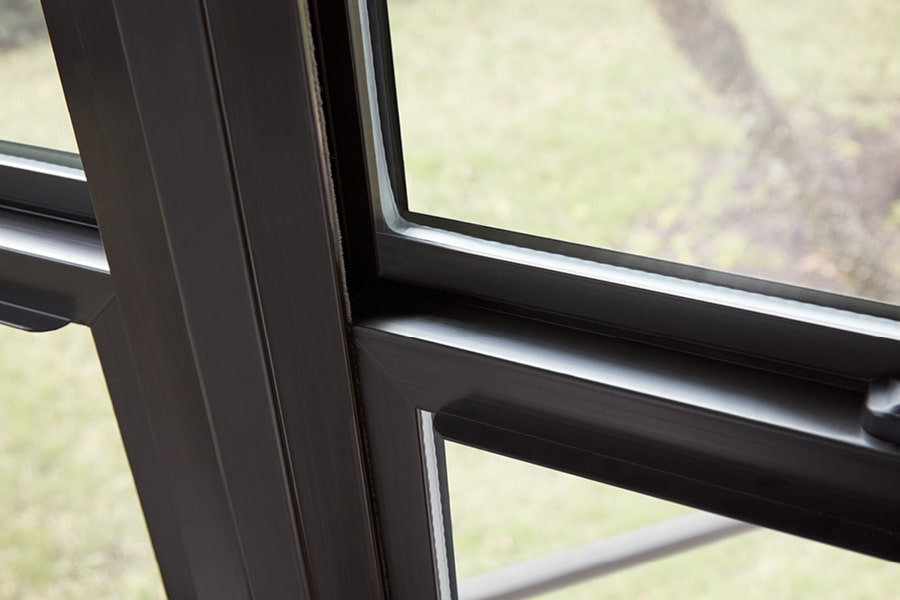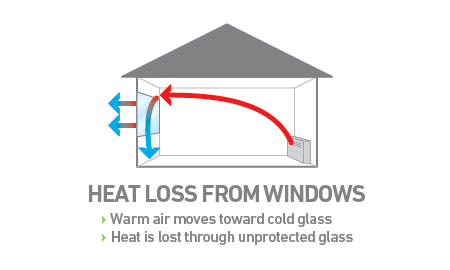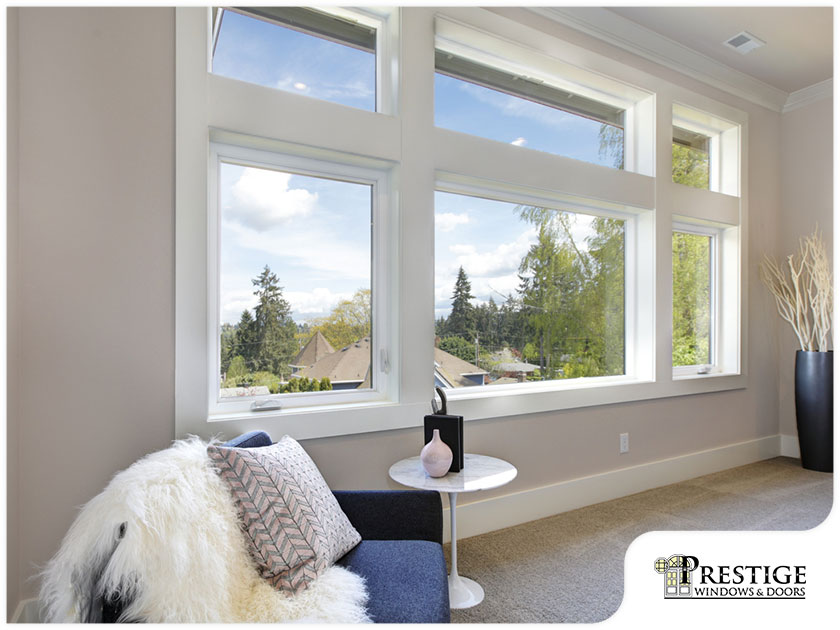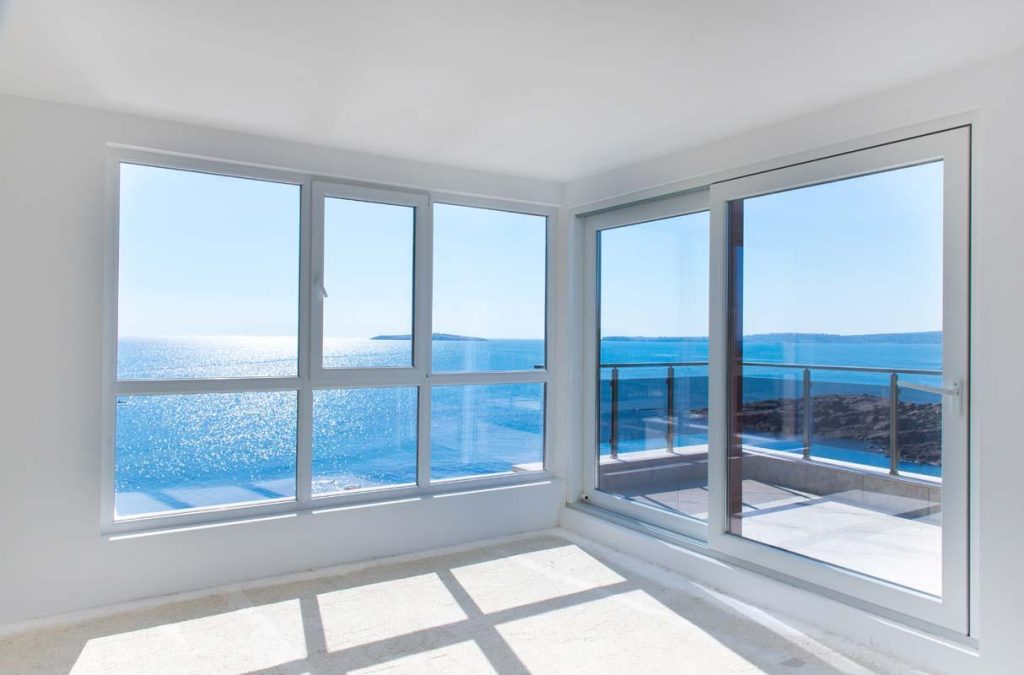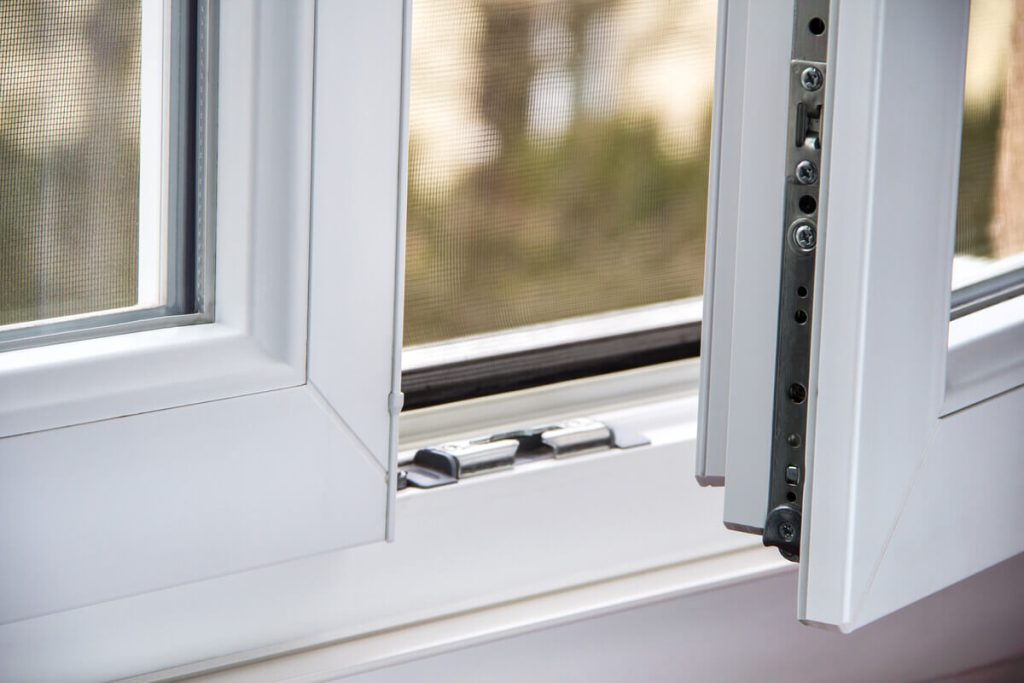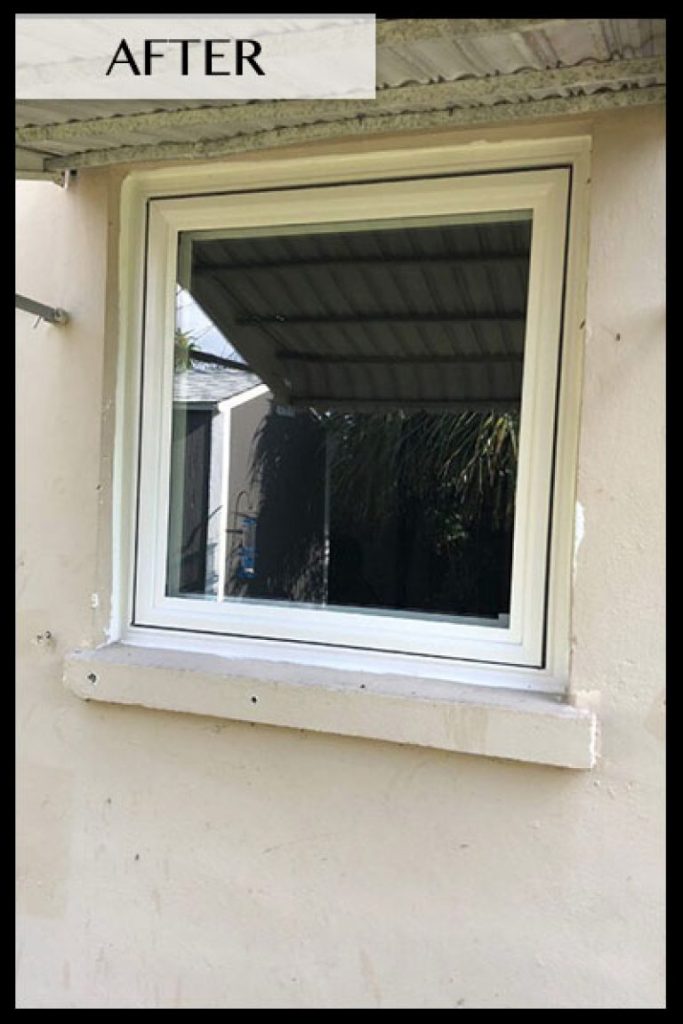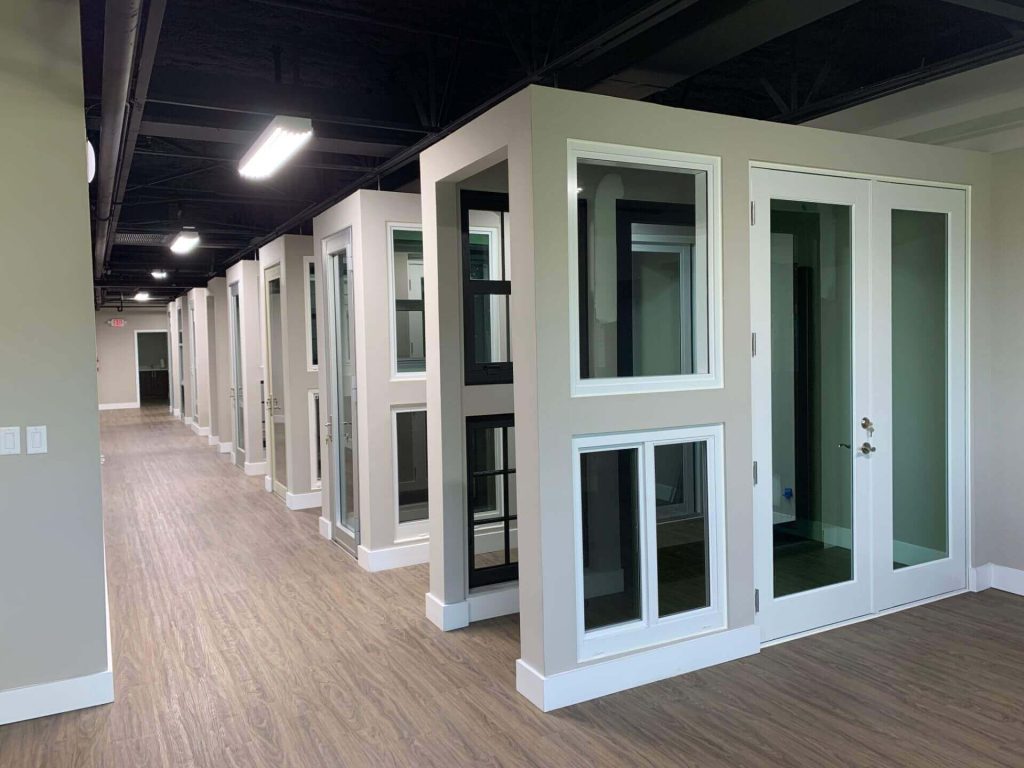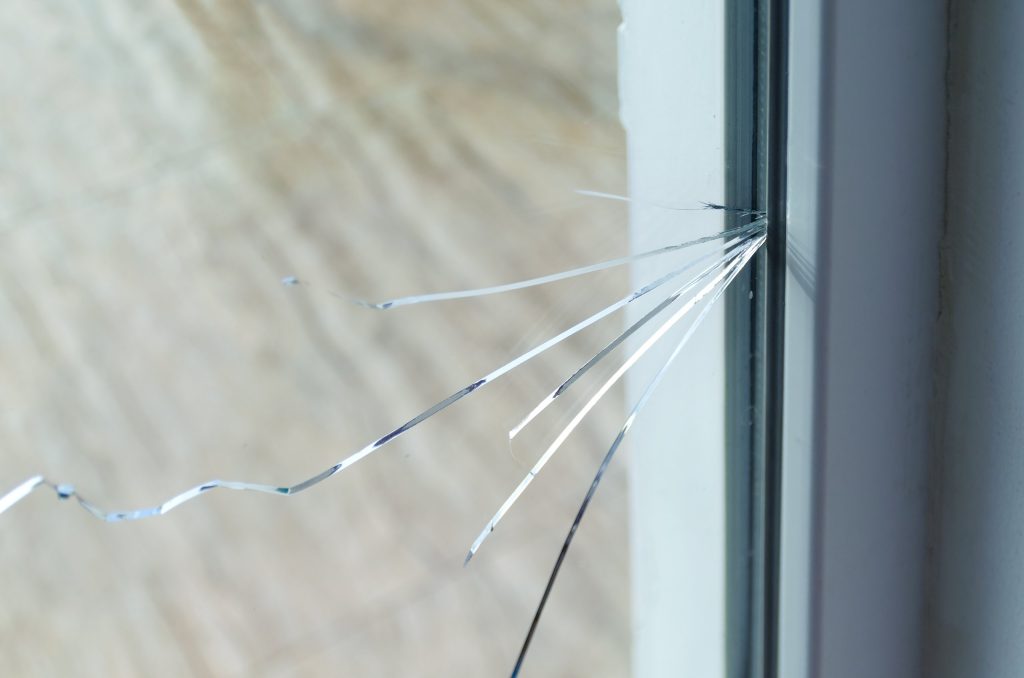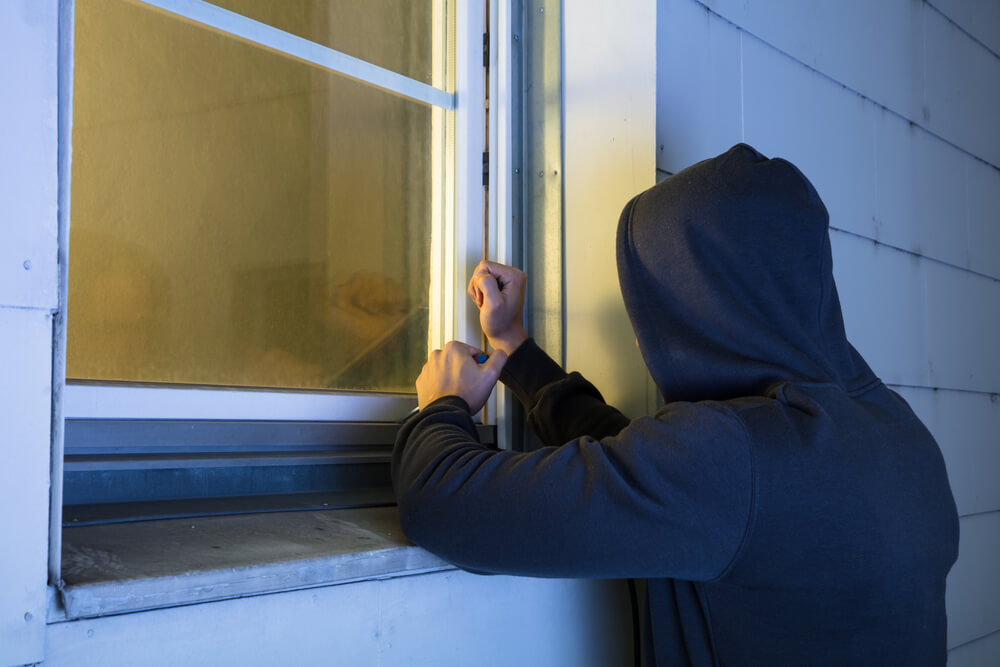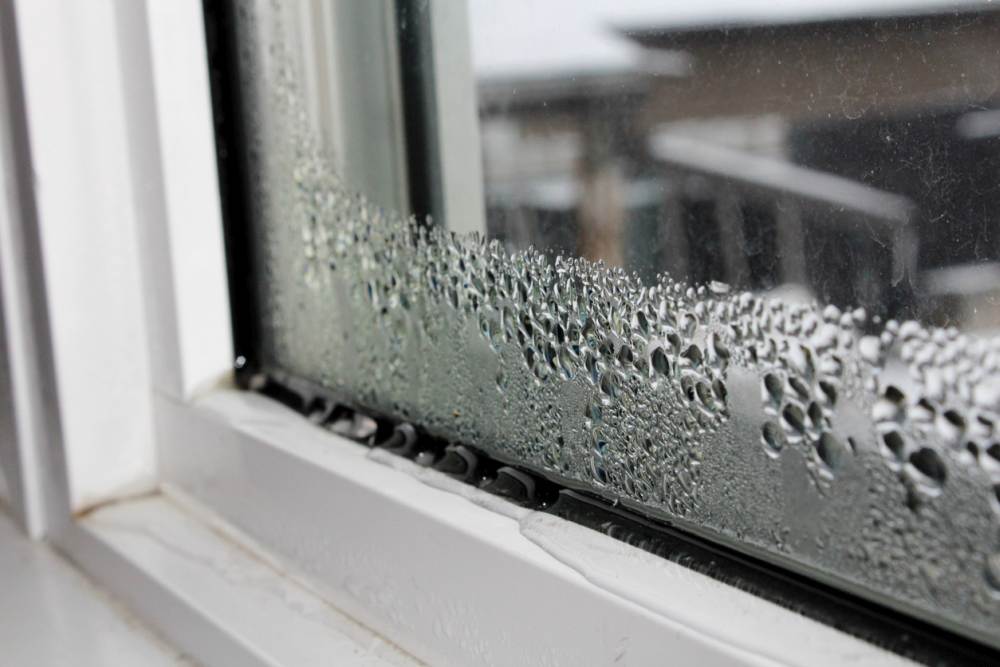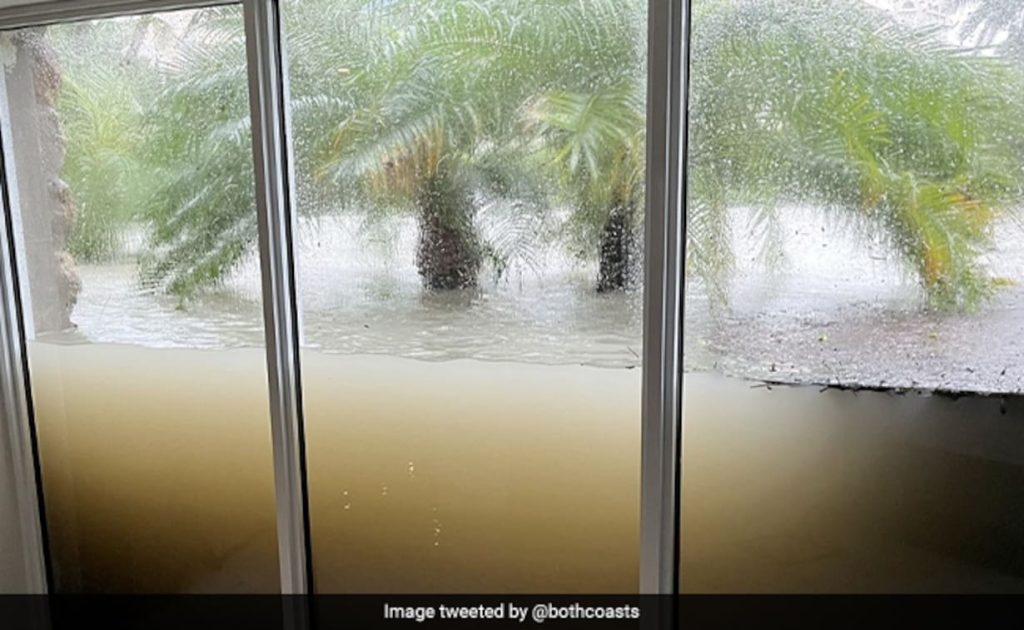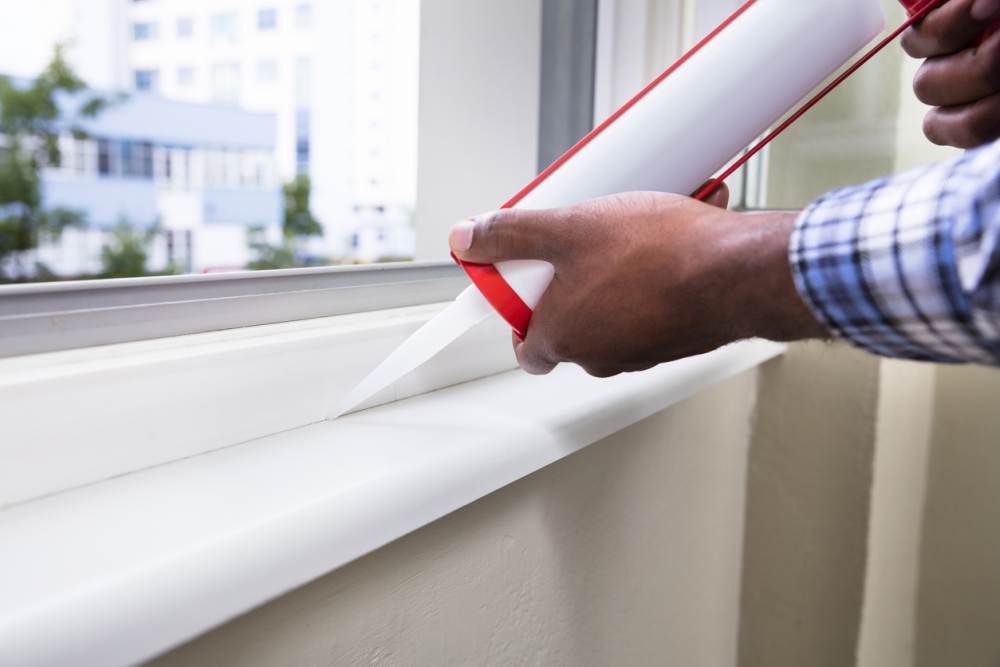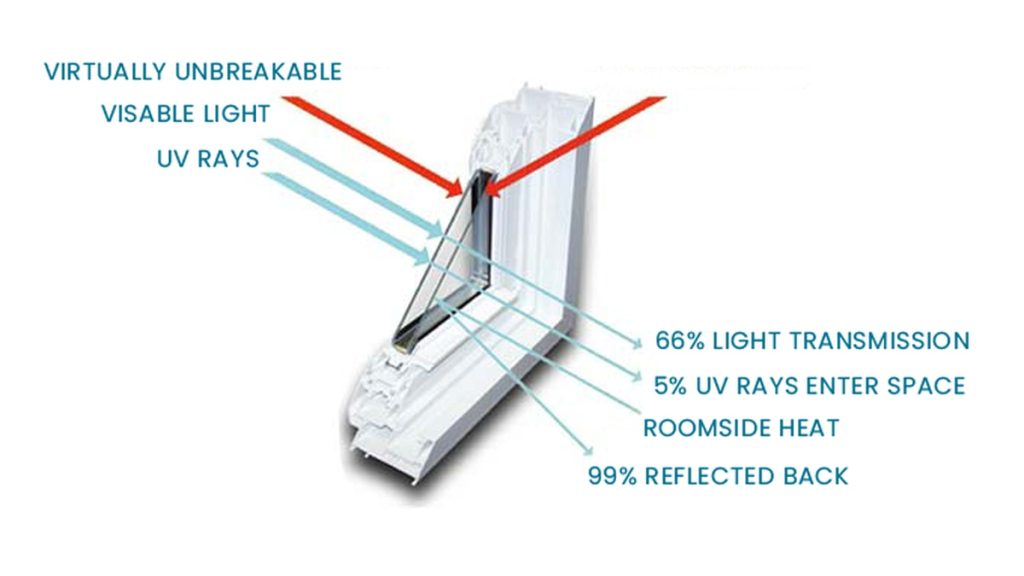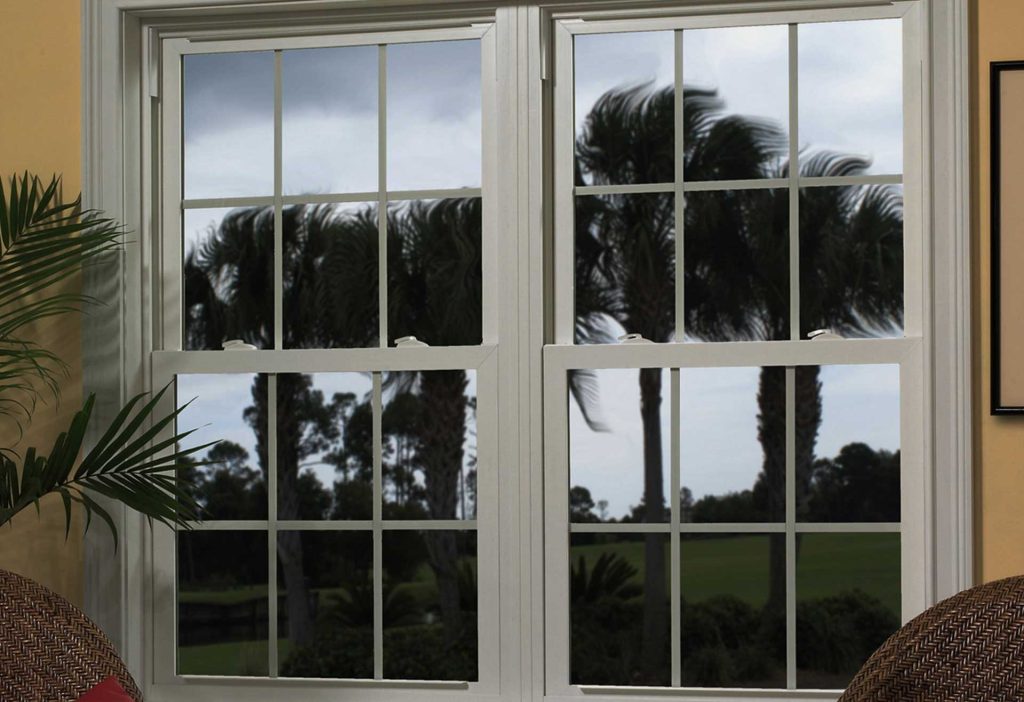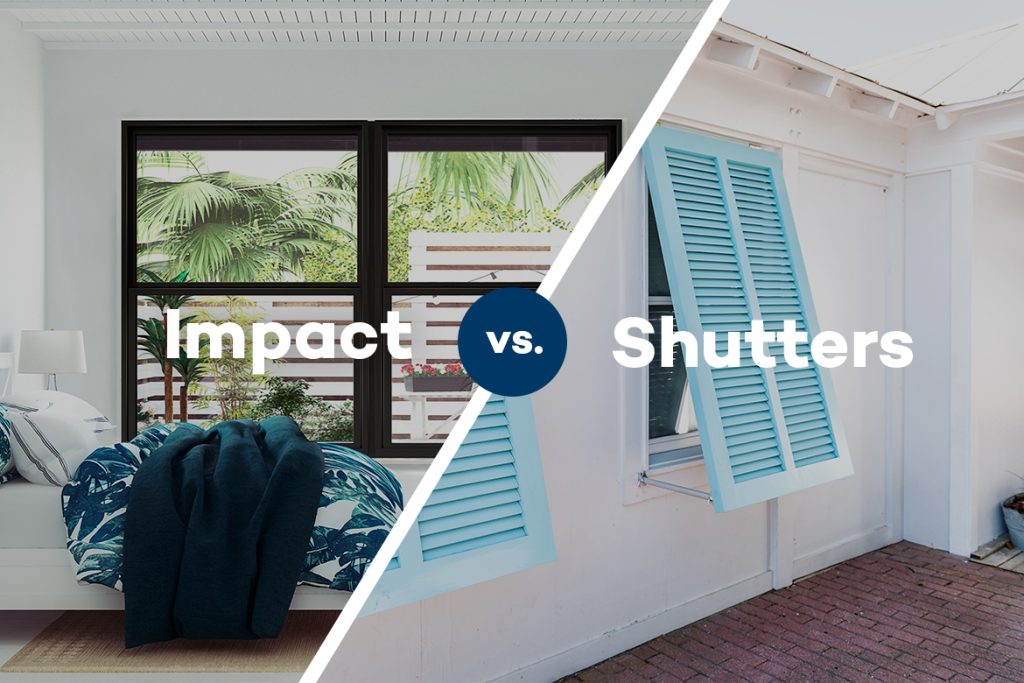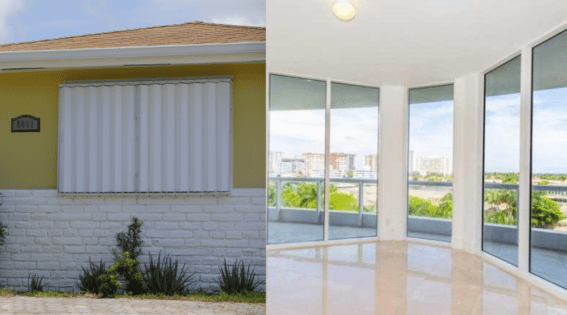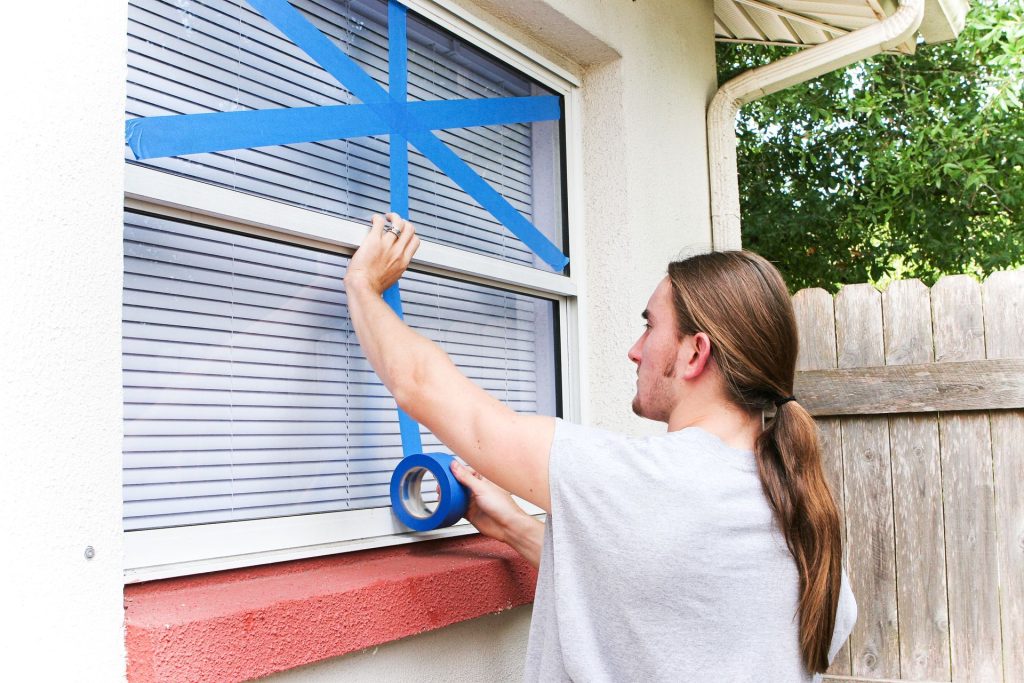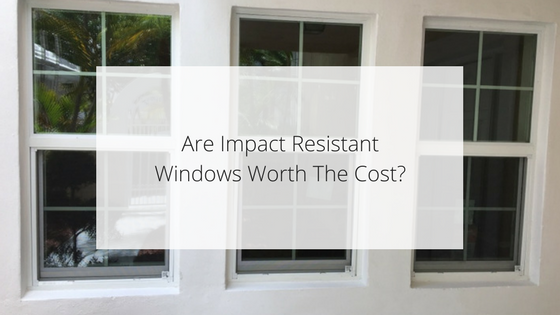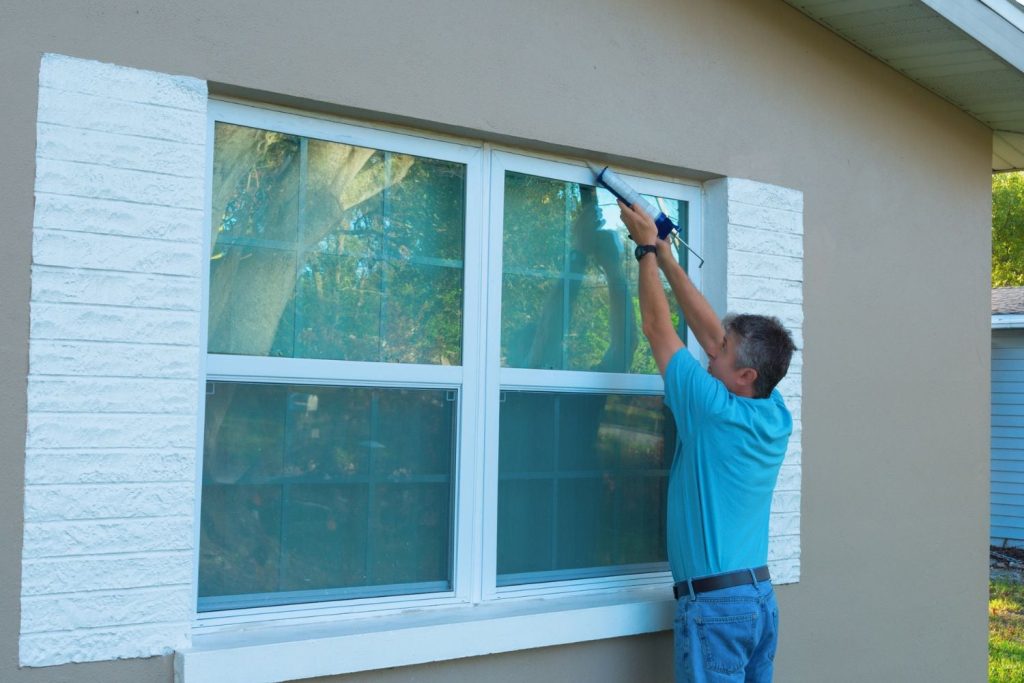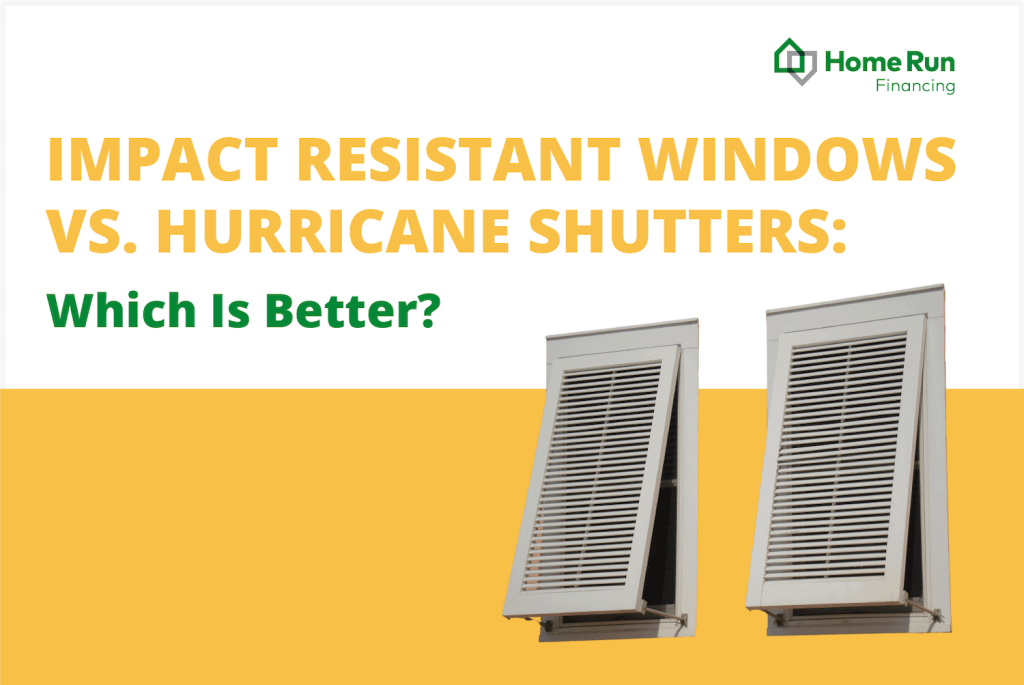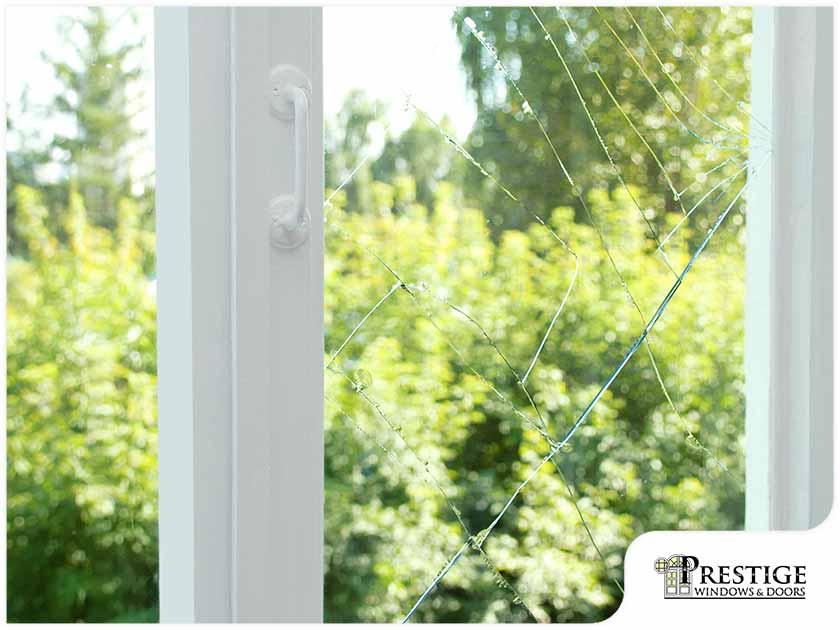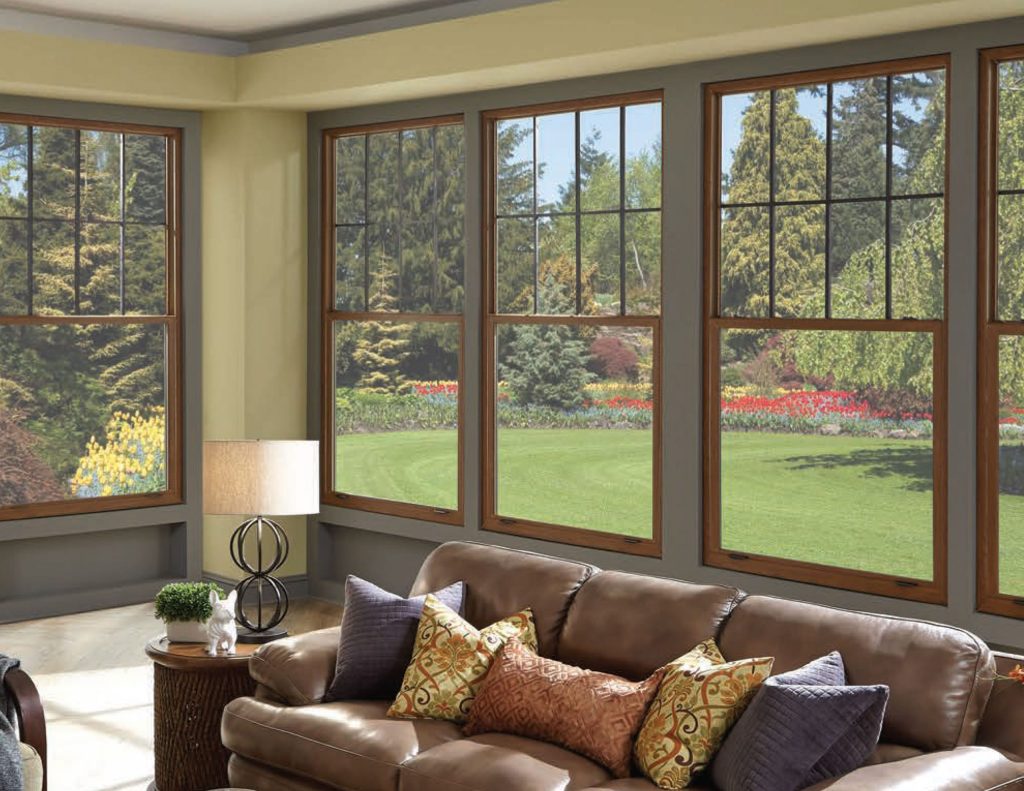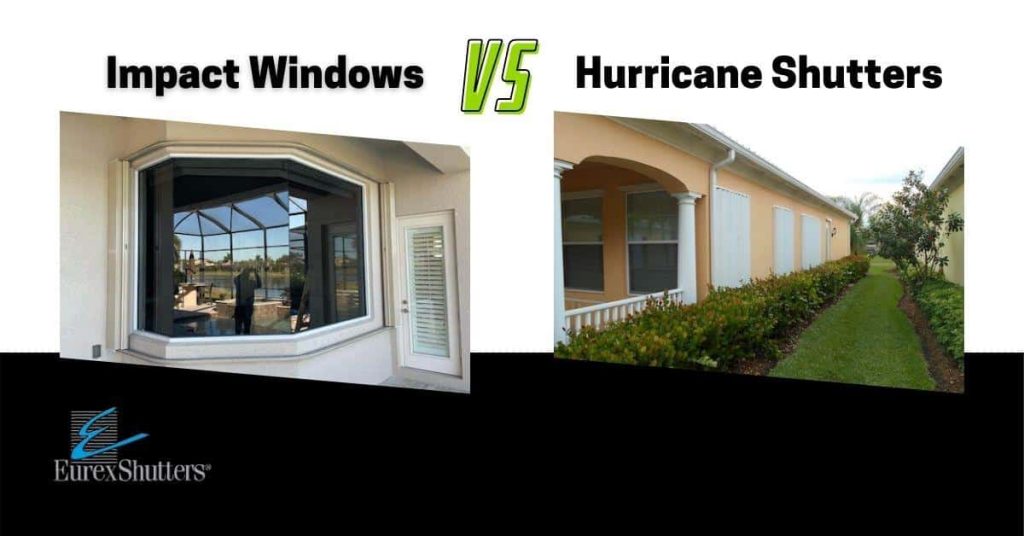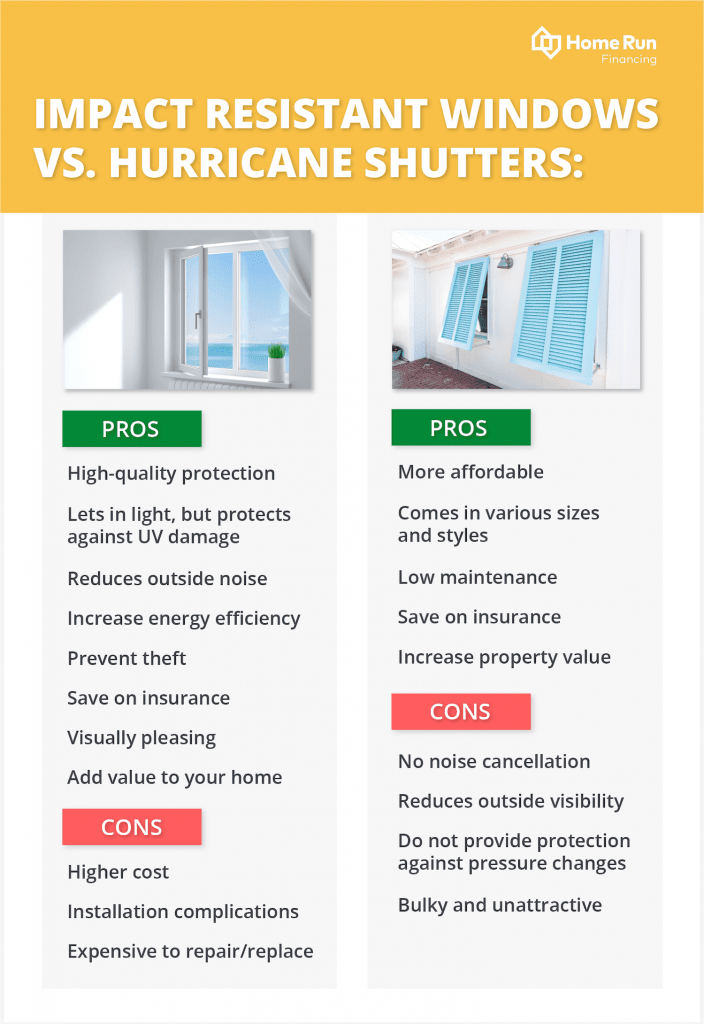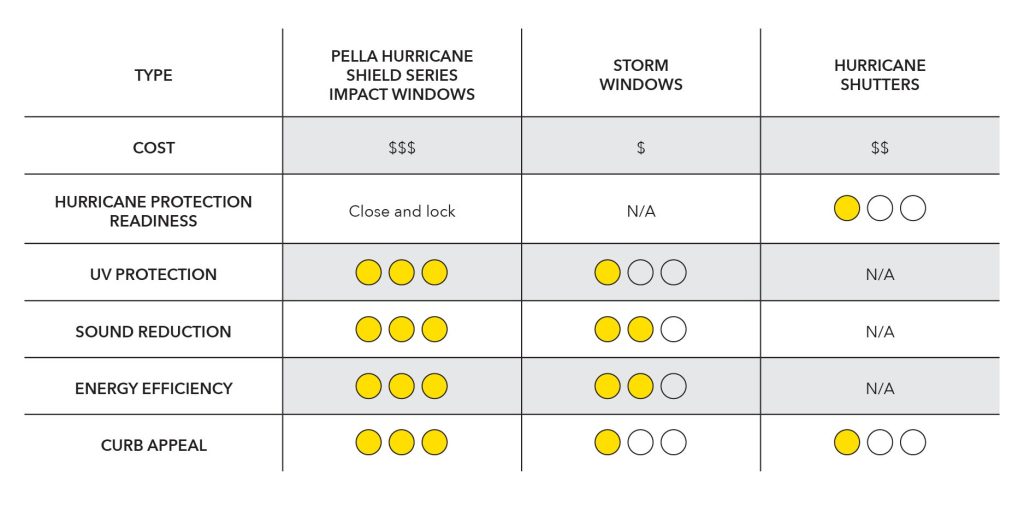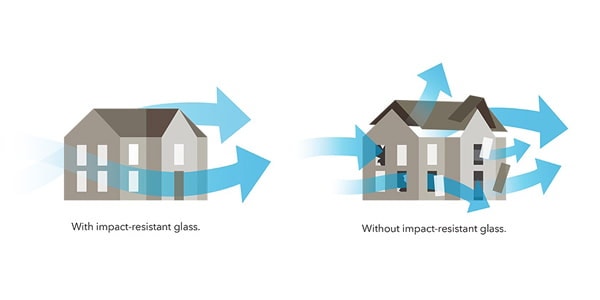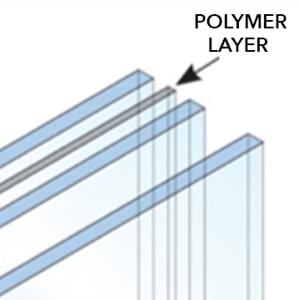In this article, we’ll delve into the topic of impact windows and their potential impact on insurance savings. Impact windows, also known as hurricane windows, are designed to withstand strong winds and flying debris during a storm. But besides protecting our homes from the wrath of Mother Nature, do they actually have any financial benefits? We’ll explore the potential savings impact windows can have on our insurance premiums and provide you with all the information you need to make an informed decision. So, if you’re curious about how impact windows can potentially save you money on insurance, keep reading!
Understanding Impact Windows
What are impact windows?
Impact windows, also known as hurricane windows or storm windows, are specially designed windows that are built to withstand strong winds and debris during severe weather events, such as hurricanes and tropical storms. These windows are made with multiple layers of glass and are often reinforced with a shatter-resistant interlayer, typically made of polyvinyl butyral (PVB) or ethylene-vinyl acetate (EVA) film. Impact windows are designed to provide protection against flying debris and help keep your home safe during a storm.
How do impact windows work?
Impact windows work by using a combination of strengthened glass and a shatter-resistant interlayer to create a barrier that protects your home from the impact of flying debris. When a strong force, such as a hurricane or storm, hits the window, the impact-resistant glass may crack, but it remains in its frame, held in place by the interlayer. This prevents shards of glass from entering your home, reducing the risk of injury and damage to your property. Impact windows also provide added security for your home by making it more difficult for burglars to break in.
Benefits of impact windows
There are several benefits to installing impact windows in your home. The primary benefit is the enhanced protection they provide during severe weather events. Impact windows can withstand high winds, flying debris, and the pressures that result from hurricane-force winds, helping to keep your home and your family safe. Additionally, impact windows offer energy efficiency benefits, as they are designed to provide insulation and reduce the transfer of heat and cold air into your home. This can result in lower energy bills and increased comfort throughout the year. Impact windows also provide a level of noise reduction, helping to create a quieter and more peaceful living environment.
The Connection Between Impact Windows and Insurance
Why do insurance companies give discounts for impact windows?
Insurance companies give discounts for impact windows because they help reduce the risk of damage to your home during severe weather events. By installing impact windows, you are taking proactive measures to protect your property against wind damage and flying debris. This reduces the likelihood of filing an insurance claim for storm-related damage, which in turn reduces the insurer’s potential liability. As a result, insurance companies often offer discounts on homeowners’ insurance premiums for homes with impact windows installed.
How much can you save on insurance with impact windows?
The amount you can save on insurance with impact windows varies depending on several factors, including your location, the cost of your insurance policy, and the specific discounts offered by your insurance provider. On average, homeowners can expect to receive a discount of 10% to 20% on their insurance premiums by installing impact windows. However, it’s important to note that this is just an estimate and the actual savings may vary. To get an accurate idea of how much you can save, it is recommended to reach out to your insurance provider and inquire about the specific discounts available.
Factors that determine insurance savings
There are several factors that insurance companies consider when determining the insurance savings for impact windows. These factors include:
-
Geographic location: Homes located in areas prone to hurricanes or severe weather events are more likely to receive higher insurance savings for impact windows.
-
Home construction and age: Insurance companies may offer higher discounts for impact windows in homes that are built with specific construction materials or meet certain building codes and regulations.
-
Type of impact windows: Different types of impact windows may offer varying levels of protection. Insurance companies may provide higher discounts for windows that meet specific impact resistance standards, such as those certified by the Miami-Dade County Product Control Division or the American Society for Testing and Materials.
-
Deductible reduction: Some insurance companies may offer a reduction in the deductible for storm-related damage if impact windows are installed in your home. This can further contribute to cost savings in the event of a claim.
It’s important to discuss these factors with your insurance provider to understand how they will impact your potential savings.

This image is property of hurricaneshutterpros.com.
Cost of Impact Windows and Potential Savings
Average cost of impact windows
The cost of impact windows can vary depending on factors such as the size of your windows, the type of impact windows chosen, the manufacturer, and the level of customization required. On average, homeowners can expect to pay between $500 to $1500 per window, including installation. However, it’s important to keep in mind that this is just an estimate and the actual cost may vary significantly based on individual circumstances. It’s recommended to obtain multiple quotes from reputable impact window manufacturers and installers to get a better understanding of the cost specific to your home.
Return on investment for impact windows
While impact windows may require a significant upfront investment, they can provide a substantial return on investment over time. In addition to the potential insurance savings, impact windows can also increase the value of your home, which can be advantageous if you plan to sell in the future. Furthermore, the energy efficiency benefits of impact windows can result in lower heating and cooling costs, contributing to long-term savings on your energy bills. It’s important to consider the long-term benefits and potential cost savings when evaluating impact windows as an investment for your home.
Calculating potential insurance savings
To estimate the potential insurance savings from installing impact windows, you can follow these steps:
-
Contact your insurance provider: Reach out to your insurance provider and inquire about the specific discounts available for impact windows in your area. Request a quote for your current insurance policy and ask for an estimate of the savings with impact windows.
-
Obtain impact window quotes: Contact multiple impact window manufacturers and installers to get quotes for the cost of installing impact windows in your home. Make sure to provide accurate information about the size and number of windows to get an accurate estimate.
-
Compare costs and savings: Compare the cost of installing impact windows with the potential insurance savings. Consider the return on investment, including the potential energy savings and increased home value.
By following these steps, you can make an informed decision about whether installing impact windows is a worthwhile investment for your home.
Insurance Discounts for Impact Windows
Types of insurance discounts available
Insurance companies offer various types of discounts for impact windows. Some common types of discounts include:
-
Windstorm mitigation discount: This discount is provided to homeowners who have taken steps to protect their home against wind damage. Impact windows are typically eligible for this discount.
-
Hurricane-resistant home discount: Some insurance providers offer a discount for homes that meet specific hurricane-resistant standards. Impact windows can contribute to meeting these standards and may qualify for this discount.
-
Construction discount: Certain construction features, including impact windows, can qualify for a discount on your insurance premium. This discount is often available for homes built to specific building codes.
It’s important to review your insurance policy and discuss the available discounts with your insurance provider to understand which discounts apply to your specific situation.
Qualifying for insurance discounts
To qualify for insurance discounts for impact windows, you may need to provide documentation or proof of installation. This typically includes:
-
Manufacturer certification: Insurance companies may require proof that the impact windows installed in your home meet specific impact resistance standards. Documentation from the manufacturer certifying compliance with recognized standards can often satisfy this requirement.
-
Installation documentation: Providing proof of professional installation is generally required to qualify for insurance discounts. This can include invoices, contracts, or certificates of completion from the impact window installer.
It’s important to keep all documentation related to the installation of impact windows in a safe and easily accessible place to ensure you can provide it to your insurance provider when requested.
How to obtain insurance discounts for impact windows
To obtain insurance discounts for impact windows, follow these steps:
-
Contact your insurance provider: Reach out to your insurance provider and inquire about the available discounts for impact windows. Ask for specific requirements and documentation needed to qualify for the discounts.
-
Choose impact windows: Select impact windows that meet the required standards and provide the necessary documentation from the manufacturer certifying their compliance.
-
Hire a professional installer: Find a reputable impact window manufacturer and installer to ensure proper installation. Obtain documentation from the installer to prove professional installation.
-
Provide documentation to your insurance provider: Submit the required documentation to your insurance provider to qualify for the discounts. Keep copies of all documentation for your records.
By following these steps, you can ensure that you have met all the requirements to obtain insurance discounts for your impact windows.

This image is property of www.impactwindowsmiami.net.
Getting an Insurance Quote with Impact Windows
Implications on insurance premiums
Installing impact windows can have implications on your insurance premiums. While impact windows can help reduce the risk of storm-related damage to your home, insurance providers may still consider other factors when determining your premium. These factors include your location, construction materials, age of the home, and the specific coverage options you choose. It’s important to discuss these factors with your insurance provider to understand how installing impact windows may affect your premiums.
Factors considered by insurance companies
Insurance companies consider several factors when determining your insurance premium with impact windows. These factors include:
-
Geographic location: Homes located in areas prone to hurricanes or severe weather events may have higher premiums due to the increased risk.
-
Home construction: Specific construction features, including impact windows, can affect your premium. Insurance providers may offer lower premiums for homes built with materials and techniques that are less prone to storm damage.
-
Home age: The age of your home can also impact your insurance premium. Older homes may have higher premiums due to potential maintenance issues and outdated construction standards.
-
Coverage options: The coverage options you choose, including deductibles and liability limits, can influence your insurance premium. It’s important to review your options with your insurance provider to find the coverage that best fits your needs.
It’s crucial to discuss these factors with your insurance provider to get a clear understanding of how installing impact windows may affect your insurance premium.
Choosing the right insurance policy with impact windows
When choosing an insurance policy with impact windows, consider the following:
-
Coverage options: Review the coverage options provided by different insurance companies. Pay attention to the specific coverage for impact windows and storm-related damage.
-
Deductibles: Understand the deductibles associated with storm-related claims. Some insurance providers may offer deductible reductions if impact windows are installed in your home.
-
Customer reviews and ratings: Research insurance companies and read customer reviews to get a sense of their reputation for customer service and claim handling.
-
Cost and discounts: Compare the cost of insurance policies and the potential discounts offered for impact windows. Keep in mind that the lowest premium may not always provide the best coverage.
By considering these factors, you can choose the right insurance policy that provides adequate coverage for your home and impact windows.
Other Factors to Consider
Additional precautions for insurance savings
While impact windows can provide significant savings on insurance premiums, there are additional precautions you can take to maximize your insurance savings. These precautions include:
-
Installing impact-resistant doors: Impact-resistant doors, similar to impact windows, can provide added protection and may qualify for additional insurance discounts.
-
Securing your roof: Reinforcing your roof with hurricane straps or impact-resistant roofing materials can help reduce the risk of storm damage and may lead to additional insurance savings.
-
Upgrading your garage doors: Garage doors are vulnerable to strong winds, and upgrading them to impact-resistant doors can further protect your home and potentially result in insurance discounts.
It’s important to discuss these precautions with your insurance provider to understand the specific requirements for obtaining insurance discounts.
Comparing impact windows with other safety measures
While impact windows are an effective safety measure, it’s important to consider other methods of protecting your home during severe weather events. Some alternative safety measures to consider include:
-
Storm shutters: Storm shutters can be installed over existing windows and provide an additional layer of protection during storms. They are an alternative to impact windows and may also qualify for insurance discounts.
-
Plywood coverings: Plywood coverings can be used to protect windows during severe weather events. While they are a temporary solution, they can be effective in minimizing damage.
-
Reinforced roof: Reinforcing your roof with hurricane straps or impact-resistant materials can provide added protection against high winds and debris.
It’s essential to evaluate the pros and cons of different safety measures and determine which ones best suit your needs and budget.
Insurance coverage for impact windows
It’s important to review your insurance policy to understand what is covered in terms of impact windows. Some insurance policies may provide coverage for the repair or replacement of impact windows in the event of damage during a covered peril, while others may require a separate endorsement or additional coverage. It’s recommended to discuss the coverage for impact windows with your insurance provider to ensure you have the appropriate level of protection.
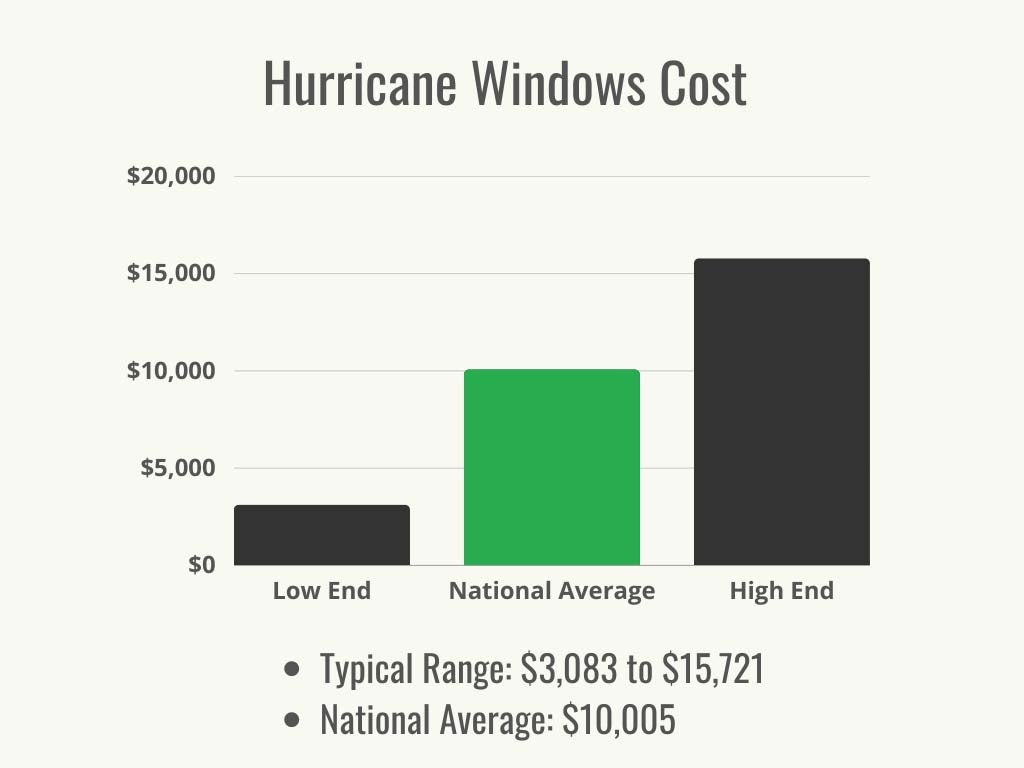
This image is property of empire-s3-production.bobvila.com.
Choosing the Right Impact Windows
Types of impact windows available
There are various types of impact windows available, each offering different features and benefits. Some common types include:
-
Single-hung impact windows: These windows have a fixed top sash and a movable bottom sash, allowing for ventilation and easy cleaning.
-
Double-hung impact windows: Double-hung windows have two movable sashes, providing more flexibility in terms of ventilation options.
-
Sliding impact windows: Sliding windows have one or more movable panels that slide horizontally along a track, making them easy to operate.
-
Casement impact windows: Casement windows are hinged on one side and open outward, allowing for maximum ventilation and unobstructed views.
-
Picture impact windows: Picture windows are fixed windows that do not open. They are designed to provide expansive views and allow natural light into a space.
When selecting impact windows, consider your specific needs and preferences, as well as the architectural style of your home.
Factors to consider when selecting impact windows
When selecting impact windows, there are several factors to consider:
-
Impact resistance: Look for impact windows that meet recognized impact resistance standards, such as those certified by the Miami-Dade County Product Control Division or the American Society for Testing and Materials.
-
Energy efficiency: Consider impact windows that offer high energy efficiency ratings. Look for windows with low U-factor and solar heat gain coefficient (SHGC) values to ensure optimal energy performance.
-
Noise reduction: If noise reduction is a priority, look for impact windows with sound insulation features, such as laminated glass and tight seals.
-
Design and aesthetics: Impact windows come in various styles, colors, and finishes. Choose windows that complement the overall design and aesthetics of your home.
-
Warranty: Review the warranty provided by the manufacturer for the impact windows. A comprehensive warranty can provide peace of mind and protection against defects.
Finding reputable impact window manufacturers and installers
To ensure the quality and reliability of impact windows, it’s crucial to work with reputable manufacturers and installers. Research and consider the following when selecting manufacturers and installers:
-
Recommendations and referrals: Ask for recommendations from friends, family, or neighbors who have recently installed impact windows. Referrals from trusted sources can help you find reputable manufacturers and installers.
-
Online reviews and ratings: Check online reviews and ratings for impact window manufacturers and installers. Websites such as Yelp and Google Reviews can provide valuable insights from past customers.
-
Certification and industry affiliations: Look for impact window manufacturers and installers that are certified by recognized organizations, such as the National Fenestration Rating Council (NFRC) or the Window and Door Manufacturers Association (WDMA).
-
Experience and expertise: Choose manufacturers and installers with extensive experience in the industry. Ask about their track record and inquire about their expertise in installing impact windows.
By doing thorough research and due diligence, you can find reputable impact window manufacturers and installers that provide high-quality products and professional installation services.
Preparing for the Installation
Understanding the installation process
The installation process for impact windows typically involves the following steps:
-
Measurement and assessment: A professional installer will measure your windows to ensure accurate sizing for the impact windows. They will also assess the condition of the existing windows and frames.
-
Removal of existing windows: The installer will remove the existing windows and dispose of them properly.
-
Installation of impact windows: The impact windows will be carefully installed into the window openings, ensuring a proper fit and seal. The installer will ensure that the windows are securely attached to the frame and properly aligned.
-
Sealing and finishing: The installer will seal the gaps around the windows to prevent air and water infiltration. They may also add finishing touches, such as trim or molding, to enhance the aesthetic appearance.
Throughout the installation process, the installer will take precautions to minimize disruption to your home and ensure the highest level of workmanship. It is recommended to discuss the installation process with your chosen installer to understand the specific details and timeline.
Permits and regulations
Before installing impact windows, it’s important to check if any permits or approvals are required by your local building department or homeowner’s association. The regulations and requirements may vary depending on your location and the specific guidelines set by local authorities. Contact your local building department or homeowner’s association to inquire about the necessary permits and regulations for installing impact windows in your area.
Tips for a successful impact window installation
To ensure a successful impact window installation, consider the following tips:
-
Research and choose a reputable installer: Select an experienced installer with a proven track record in installing impact windows. Read reviews, ask for references, and gather as much information as possible before making a decision.
-
Get multiple quotes: Obtain quotes from multiple impact window installers to compare prices and services. This will help you make an informed decision while ensuring competitive pricing.
-
Communicate your expectations: Clearly communicate your expectations to the installer. Discuss specific requirements, such as noise reduction, energy efficiency, and any additional features you desire.
-
Prepare your home: Clear the area around the windows to be installed to ensure easy access for the installer. Remove any furniture or objects that may obstruct the installation process.
-
Follow maintenance guidelines: Ask the installer for maintenance guidelines specific to your impact windows. Proper maintenance will ensure the longevity and optimal performance of your windows.
By following these tips, you can enhance the chances of a successful and hassle-free impact window installation.
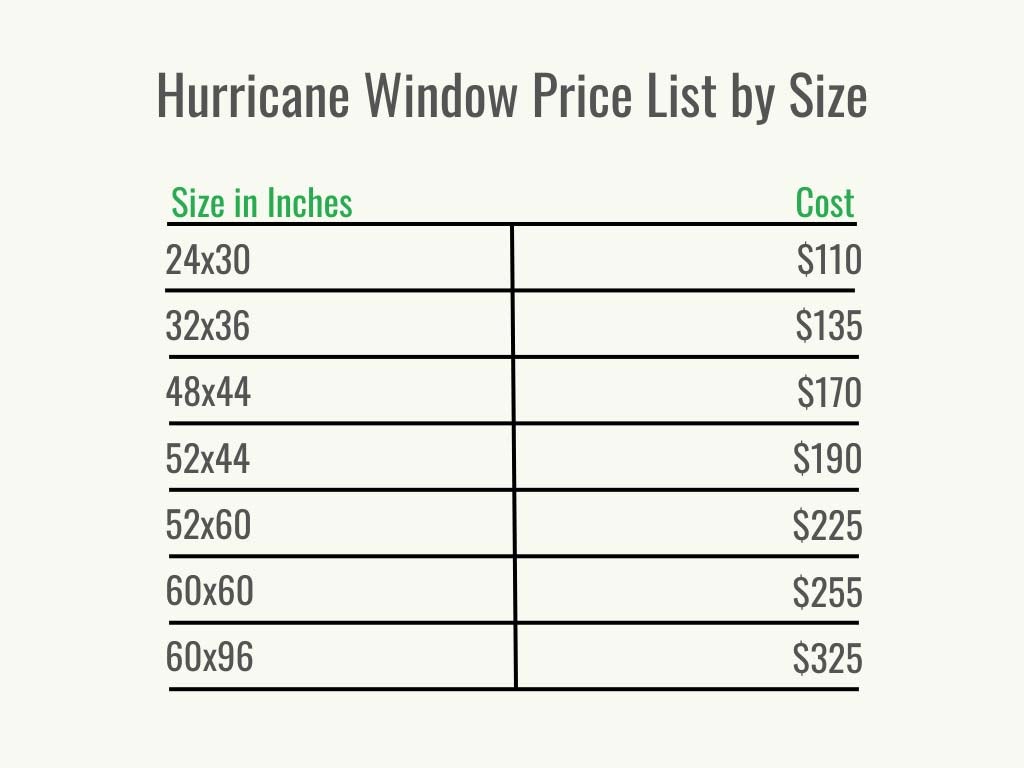
This image is property of empire-s3-production.bobvila.com.
Maintenance of Impact Windows
Regular upkeep and cleaning
Maintaining impact windows is relatively easy and requires regular upkeep and cleaning. Here are some tips to keep your impact windows in optimal condition:
-
Regular cleaning: Clean your impact windows periodically using a mild detergent and a soft cloth or sponge. Avoid using abrasive materials or harsh chemicals that could damage the glass or frames.
-
Inspect for damage: Regularly inspect your impact windows for signs of damage or wear, such as cracks, loose frames, or damaged seals. If any damage is detected, contact a professional for repairs.
-
Lubrication: Lubricate the moving parts of your impact windows, such as hinges and locks, as recommended by the manufacturer. This will ensure smooth operation and prevent rust or corrosion.
-
Check weatherstripping: Inspect the weatherstripping around your impact windows and replace any damaged or worn-out weatherstripping. Properly functioning weatherstripping helps maintain energy efficiency and prevents drafts.
By following these maintenance practices, you can extend the lifespan of your impact windows and ensure their continued performance.
Common maintenance issues
While impact windows are designed to be durable and long-lasting, they may still require occasional maintenance and repairs. Some common maintenance issues associated with impact windows include:
-
Seal failure: Over time, the seals around impact windows may deteriorate, resulting in air or water infiltration. Regularly inspect the seals and replace any damaged or worn out seals.
-
Cracked glass: In rare cases, impact windows may develop cracks due to extreme weather conditions or impact damage. Cracked glass should be promptly addressed by a professional to prevent further damage or compromise in safety.
-
Hardware malfunctions: The hardware components of impact windows, such as hinges, locks, or handles, can experience wear and tear over time. Lubricate and maintain these components regularly to ensure smooth operation.
If you encounter any maintenance issues with your impact windows, it’s recommended to seek the assistance of a professional window technician or manufacturer-trained installer to assess and resolve the issue.
Hiring professionals for maintenance and repairs
While some maintenance tasks can be performed by homeowners, it’s advisable to hire professionals for more complex maintenance and repair work. Professionals have the expertise and specialized tools to address issues effectively and safely. Additionally, they may offer warranty coverage for their work, ensuring that any repairs are performed to the highest standards.
When hiring professionals for maintenance and repairs, ensure they are experienced in working with impact windows and have a good reputation in the industry. Ask for references and read online reviews to gauge their level of expertise and quality of service.
Conclusion
Installing impact windows can provide numerous benefits in terms of safety, energy efficiency, and increased home value. In addition to these advantages, impact windows can also lead to significant savings on insurance premiums. By reducing the risk of storm-related damage, insurance companies often offer discounts to homeowners with impact windows installed. The amount of savings varies depending on several factors, including location, insurance policy, and impact window features. It’s important to research and understand the specific discounts available from your insurance provider and assess the potential return on investment for installing impact windows in your home. By considering the long-term benefits and potential cost savings, you can make an informed decision about whether impact windows are a worthwhile investment for your property. Remember to consult with reputable impact window manufacturers, hire professional installers, and follow regular maintenance practices to ensure the optimal performance and longevity of your impact windows. With careful consideration and thorough research, you can enjoy the peace of mind and financial benefits that impact windows provide.

This image is property of www.homerunfinancing.com.

